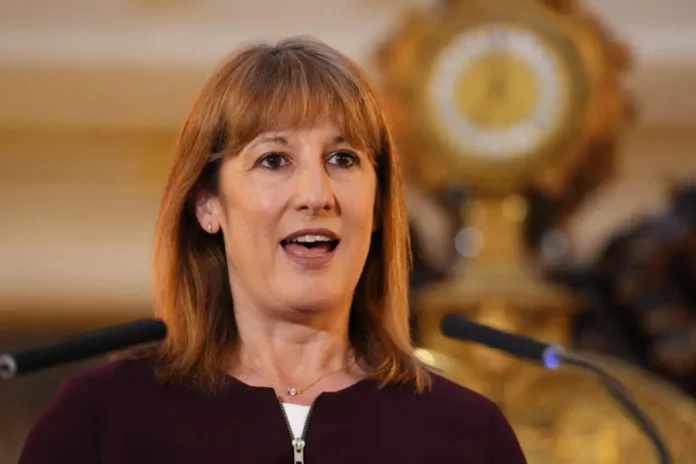Chancellor Rachel Reeves has signaled that tax rises could be on the horizon ahead of next month’s UK Budget, as she faces the challenge of filling a potential £50 billion fiscal gap.
During her visit to Riyadh, Saudi Arabia, in pursuit of a new trade deal, Reeves hinted that the government may have to consider tax adjustments to maintain economic stability and fiscal responsibility.
Fiscal Headroom and the Budget Challenge
Speaking ahead of the November Budget, Reeves emphasized the importance of ensuring “sufficient headroom” in government finances. She noted that maintaining fiscal discipline and adhering to Labour’s spending rules were critical to long-term growth.
Although Reeves has repeatedly assured that income tax, national insurance, and VAT will not increase — consistent with Labour’s manifesto commitments — she has stopped short of ruling out other forms of taxation.
Last week, when asked about reports of a possible income tax hike, Reeves reiterated her focus on “supporting working people by keeping taxes as low as possible,” but also acknowledged that the Budget planning process is ongoing.
Analysts Warn of a £50bn Shortfall
Experts suggest Reeves will likely introduce new tax measures to close the fiscal gap. The Institute for Fiscal Studies (IFS) estimates that around £22 billion in either tax rises or spending cuts may be necessary to meet fiscal targets.
Meanwhile, the National Institute of Economic and Social Research (NIESR) warned that the black hole could reach £50 billion, driven by weak productivity, policy reversals, and rising interest costs.
Reeves Stresses Stability and Growth
Speaking at Fortune Magazine’s Global Forum in Riyadh, Reeves underlined her commitment to fiscal stability, saying:
“The underpinning for economic growth is stability, and I’m not going to break the fiscal rules that we’ve set.”
She added that the UK must reduce its deficit, lower debt as a share of GDP, and build sustainable public finances amid growing global uncertainty.
Reeves also pointed out that economic growth will play a vital role in achieving these goals — something she believes was “neglected as a fiscal policy tool in recent years.”
Wealth Tax and Mansion Tax Discussions
When asked about potential tax increases on the wealthy, Reeves said there are “other ways to improve the fiscal position,” such as growing the economy.
However, reports indicate she is seriously considering a mansion tax, which would apply a 1% annual levy on properties worth more than £2 million.
Reeves defended the government’s stance on taxing the wealthy fairly, saying:
“We don’t want to drive anyone out of the UK, but we do want to make sure we tax people fairly — especially those who make Britain their home.”
Trade Talks in Riyadh: Boosting UK’s Global Position
Reeves is currently leading a UK delegation to Saudi Arabia, seeking to strengthen economic ties and secure a trade deal with the Gulf Co-operation Council (GCC).
She expressed confidence that the deal — expected to add £1.6 billion to the UK economy and boost workers’ wages by £600 million annually — could soon be finalized.
Apologizing for arriving late to her conference appearance, Reeves explained it was due to “really good meetings” regarding the trade deal, adding:
“I hope you’ll agree that’s worth it, if we can get that GCC deal over the line. And yes, I am confident that we can get that deal finalized.”
Conclusion
As the UK Budget approaches, Rachel Reeves faces mounting pressure to balance fiscal discipline with economic growth. While she continues to advocate for stability and fairness, the possibility of tax hikes — particularly for the wealthy — remains a key question heading into November.
Her efforts in Riyadh signal a dual strategy: reinforcing the UK’s global trade partnerships while preparing the nation for a more sustainable financial future.








